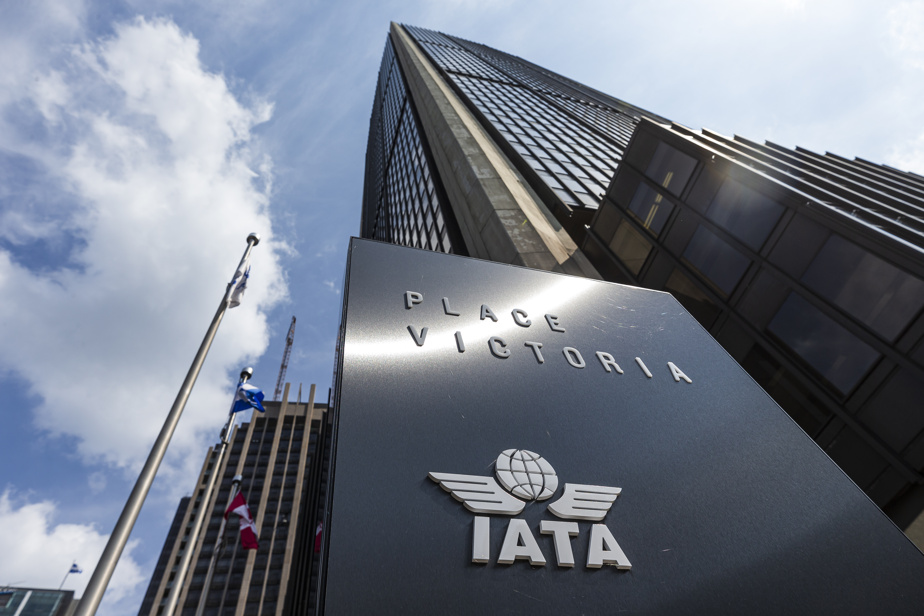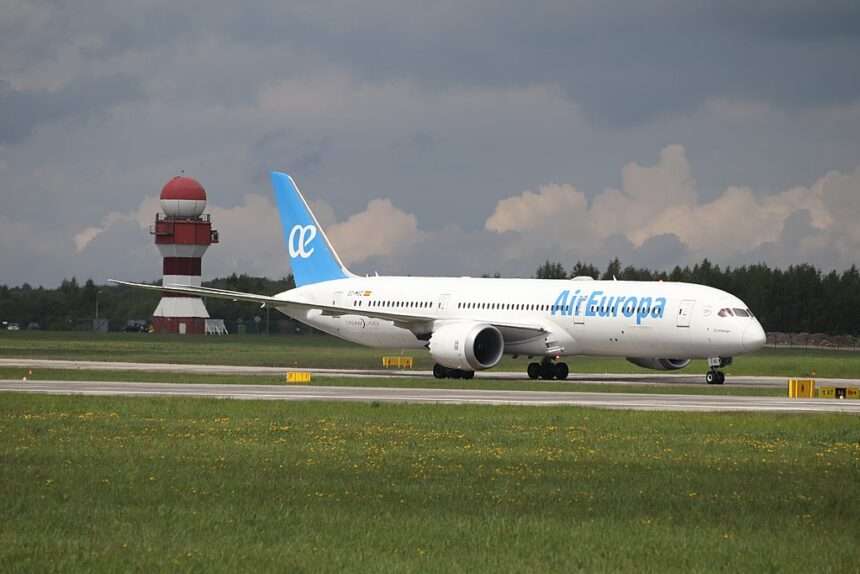IATA has publically expressed “disappointment” at the recent Federal Budget of Canada in what it sees as having a “lack of positive measures” for Canada’s air transport industry.
A Public Display of Disappointment
International Air Transport Association (IATA) issued a press release on Saturday 14 April 2023 in which it expressed disappointment in the Candian Government’s 2023 Federal Budget.
The association, which has its Headquarters in the Canadian city of Montreal, stated that the budget lacks measures to positively strengthen and enhance air travel in the country.
Willie Walsh, the Director General of IATA, wrote directly to the Canadia Deputy Prime Minister and Minister of Finance, Chrystia Freeland.
In the letter, he is quoted as saying, “IATA was hopeful that the Federal Budget would include measures to support the recommendations from the House of Commons Standing Committee on Transport, Infrastructure and Communities. Unfortunately, that was not the case.”
The budget proposes a 1.8 billion CAD five-year investment to the Canadian Transport Security Authority (CATSA).
This, according to the Government of Canada, is to maintain and increase service levels, improve wait times for passengers at security screening, and to strengthen measures of security at Canadian airports.
Walsh welcomed this proposal but caveated it by drawing attention to the 33% increase in Air Travellers Security Charge (ATSC).
As reported by CBC News in March, the increased ATSC will result in a one-way Domestic ticket increasing from 7.48 CAD to 9.94 CAD, a flight to the USA from 12.71 CAD to 16.89 CAD, international flights from 25.91 CAD to 34.42 CAD.
The increase is expected to start in May 2024 and the cost is added to passenger tickets at the point of purchase. Walsh wrote that this increase “makes air travel even less affordable for all Canadians.”
In an interview with reporters at the end of March, Canadian Prime Minister, Justin Trudeau, said that it was “only fair” for travellers to pay for the increase in services through the ATSC rise as, alternatively, “all Canadians would be contributing with their tax dollars.“
[monsterinsights_popular_posts_inline]
Strengthening Obligations

The budget announcement also includes a proposal to bolster the obligations of airlines to compensate passengers for disruptions, such as delays and cancellations within the control of the airline.
The Canadian Government has stated this would “align Canada’s air passenger rights regime with those of leading international approaches.”
The government has also proposed providing the Canadian Transportation Agency with additional authority to charge airlines to cover the costs of air passenger complaints.
IATA’s responded to these proposals with Walsh highlighting that additional charges and fines increase the financial burden of airlines operating in Canada.
“We strongly encourage the Government to share these accountabilities across all components of the commercial air system… These includes airlines, airports, CATSA, CBSA and Nav Canada,” Walsh said.
While there was no explicit aviation net zero commitment in the budget, the Canadian Government announced a 15 billion CAD fund to attract private capital for “clean economy” initiatives.
Walsh requested the government to start consultations immediately with the aviation industry to open this fund up for alternative fuel development in Canada.
He reiterated the industry’s goal of net zero carbon by 2050 and urged Canada to support this goal.
Figures from IATA show that, prior to the COVID-19 pandemic, the aviation industry contributed 51.4 billion CAD in GDP and 633,000 jobs to the country’s economy.
IATA’s Walsh described this fact as an enormous contribution to the well-being of Canada, referring back to the importance of not adding additional financial pressure to airlines and air passengers.
Concluding in his letter, Walsh wrote, “Commercial aviation is a powerful economic engine for Canada. We urge the Government of Canada to take steps to remove barriers to the continued growth of this sector, and make it more competitive globally.”









